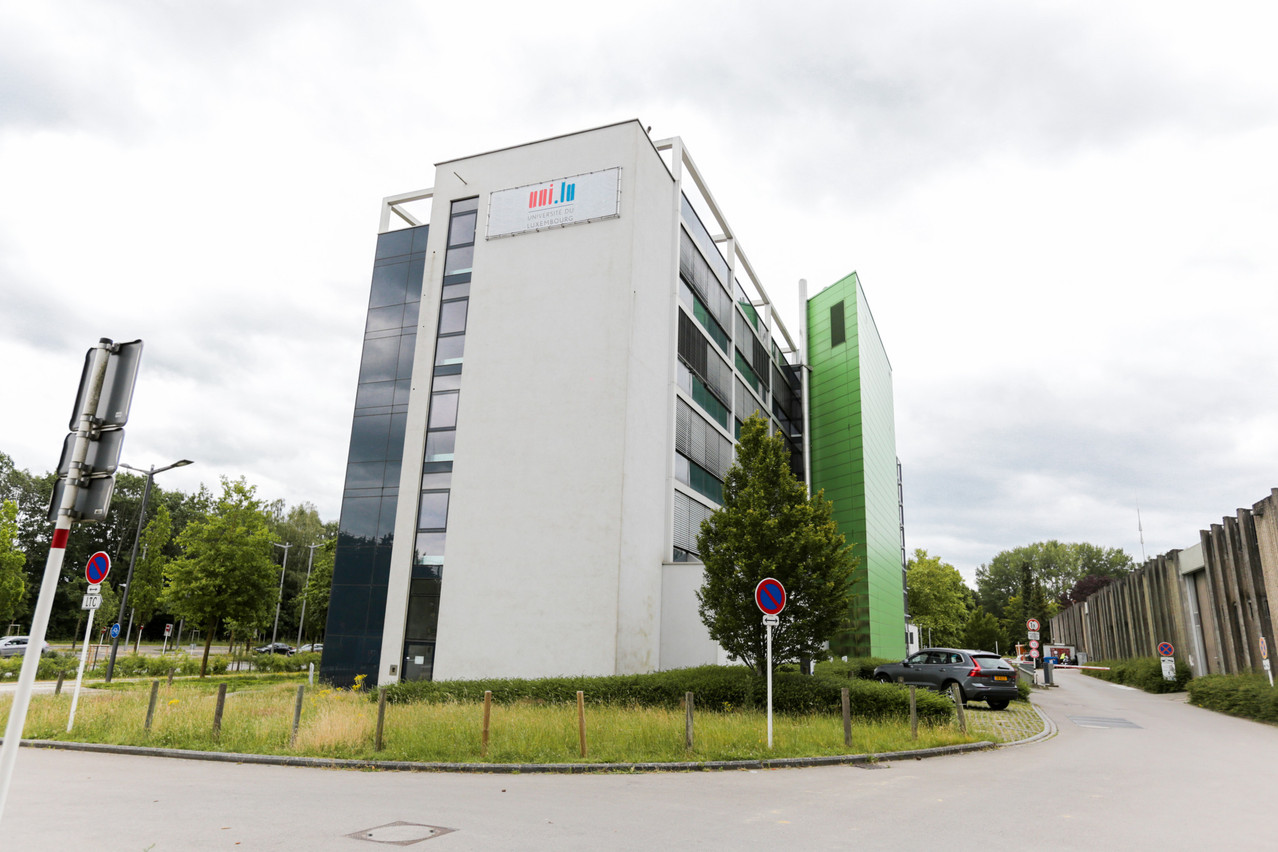Luxembourg is receiving €93m under the NextGenerationEU recovery package that aims to restart economies after the covid-19 pandemic. It will use the money to fund the decarbonisation of traffic as well as affordable and sustainable housing projects.
But the country also plans to boost digitalisation and develop next generation quantum communication infrastructure, which is thought to be safe from hackers as it uses the laws of quantum physics to protect data.
“Luxembourg wants to remain the state-of-the-art communication hub it has become over the last decade,” said prime minister Xavier Bettel (DP), who is also Luxembourg’s media minister, in a statement.
The Luxembourg Quantum Communication Infrastructure Laboratory (LUQCIA) is a five-year project between the university’s Interdisciplinary Centre for Security, Reliability and Trust (SnT) and the government’s Department of Media, Connectivity and Digital Policy (SMC).
Together, the partners will develop a national testbed to enable advanced and applied research in quantum key distribution--which allows to create networks for transmitting highly sensitive data--and the quantum internet.
“Developing a robust quantum communication infrastructure leveraging both terrestrial and satellite optical links will guarantee the security of our data in our communications network well into our future. It will also help to realise the future of a quantum internet by interconnecting high-performance quantum computers,” said the SnT’s Symeon Chatzinotas, who will lead the project.
LUQCIA will rely on a terrestrial network at first and integrate the space segment in follow-up activities. Luxembourg satellite operator SES is also involved in the EU-funded project to develop the country’s quantum communication infrastructure.
European Commission president Ursula von der Leyen during a last year to formally approve the grand duchy’s NextGenerationEU plans also visited SES. “This is what the future looks like,” she said, adding that the initiative would contribute to EU data sovereignty.
